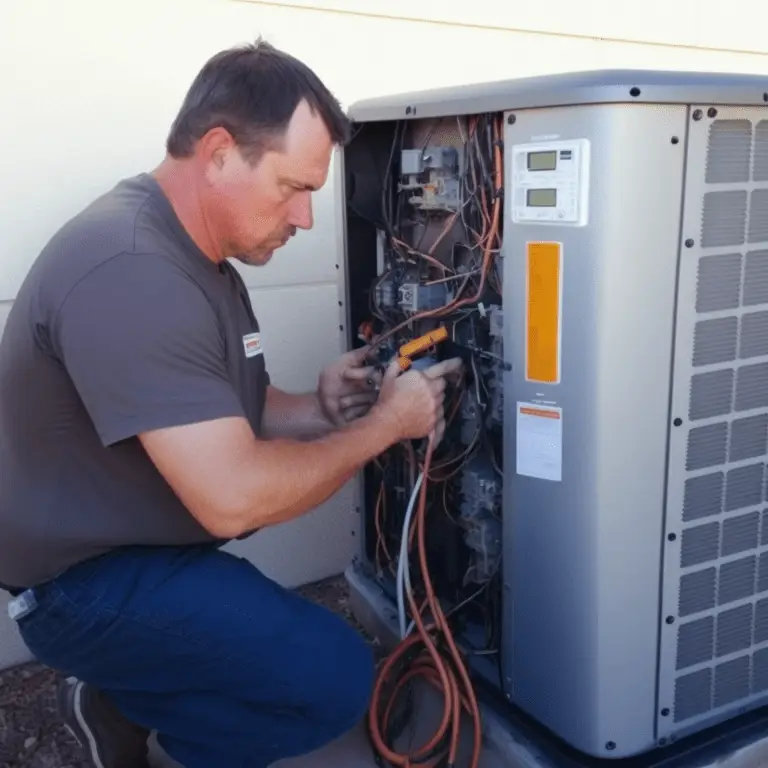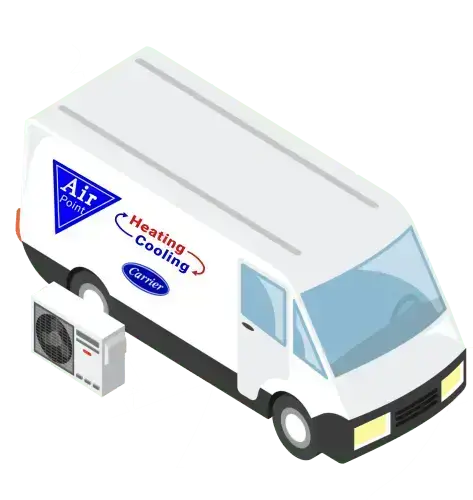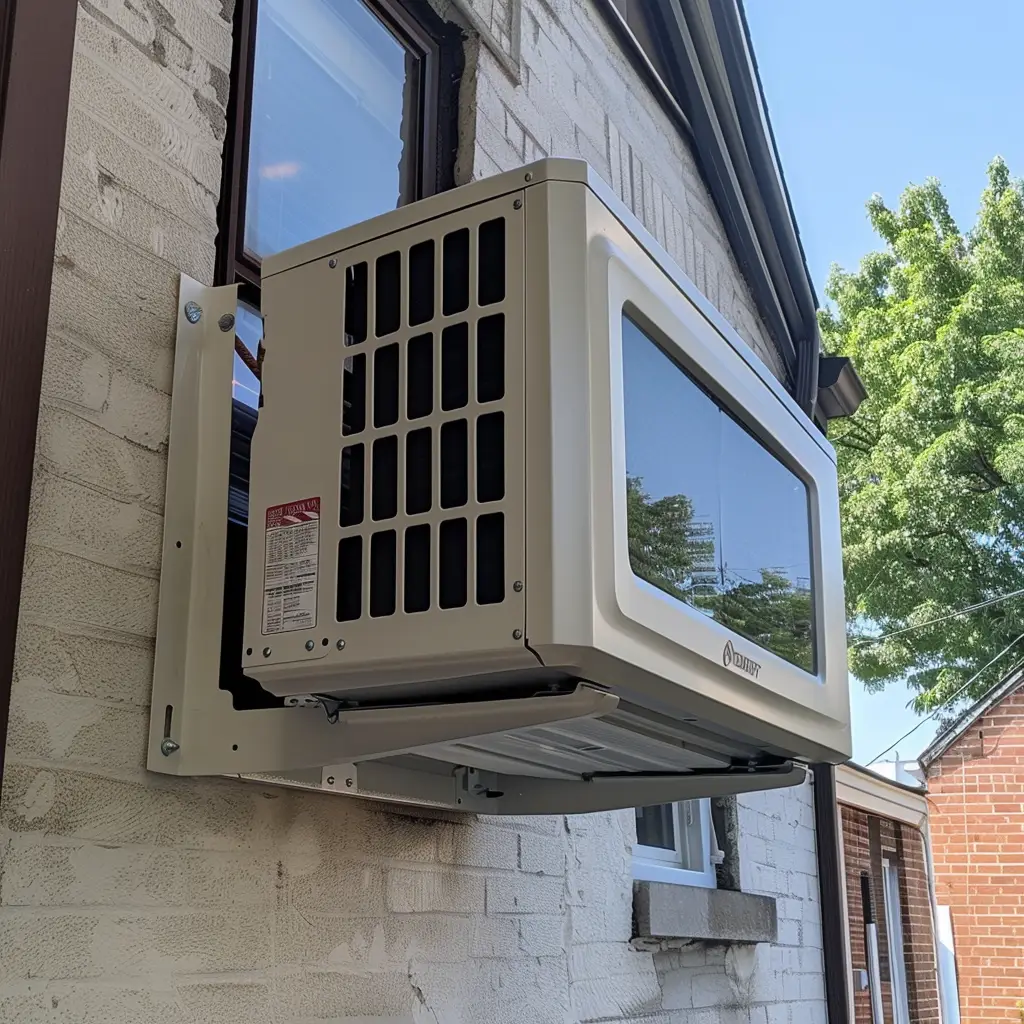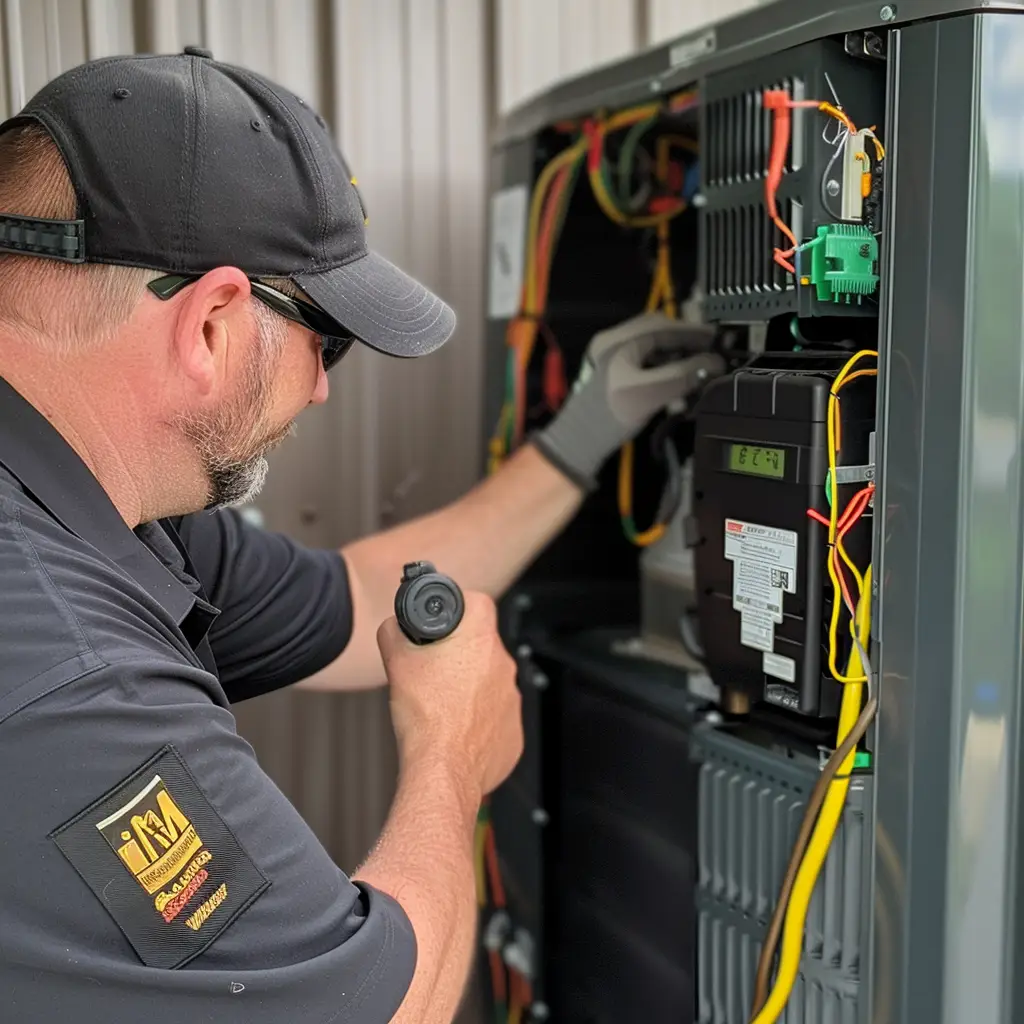Introduction
Making your home more energy efficient is not only good for the environment but also for your wallet. It’s possible to save a significant amount of money on your energy bills by implementing simple changes around your home. In this article, we’ll discuss 12 ways to make your home more energy-efficient, ranging from insulation to solar panels. Let’s get started!
Insulation
Insulate walls
Proper insulation is crucial to maintaining a comfortable temperature in your home while reducing energy costs. Start by insulating your walls to prevent heat from escaping during cold months and entering during warmer ones.
Insulate attic and roof
Similarly, insulating your attic and roof can have a significant impact on your home’s energy efficiency. Proper insulation in these areas helps maintain a consistent temperature throughout your home.
Windows
Upgrade windows
Older windows may not be properly sealed, causing drafts and energy loss. Upgrading to energy-efficient windows can make a big difference in your home’s overall energy usage.
Seal gaps
Check for gaps around your windows and doors, and use weatherstripping or caulk to seal them. This prevents drafts and helps maintain a consistent temperature inside your home.
Use window treatments
Window treatments, such as curtains and blinds, can help regulate your home’s temperature by providing insulation and blocking sunlight.
Heating and Cooling
Regular maintenance
Keep your heating and cooling systems running efficiently by scheduling regular maintenance. This includes cleaning or replacing filters and checking for any issues that may reduce their effectiveness.
Smart thermostats
Installing a smart thermostat allows you to control your home’s temperature remotely and set schedules to save energy when you’re not at home.
Ceiling fans
Ceiling fans can help circulate air and maintain a comfortable temperature, reducing the need for air conditioning or heating.
Appliances
Energy-efficient appliances
Choose appliances with the ENERGY STAR label, which means they meet strict energy efficiency guidelines set by the government.
Unplug unused devices
Even when not in use, some devices still consume energy. Unplug chargers, electronics, and other devices when they’re not in use to save on energy costs.
Lighting
LED lights
Switch to energy-efficient LED light bulbs, which use less energy and last longer than traditional incandescent bulbs.
Natural light
Take advantage of natural light during the day by opening blinds and curtains, reducing the need for artificial lighting.
Motion sensors
Install motion sensors for outdoor lighting to ensure lights only turn on when needed, saving energy.
Water Heating
Insulate water heater
Wrapping your water heater in an insulation blanket can help reduce heat loss and save energy.
Lower temperature
Lowering your water heater’s temperature to around 120°F (49°C) can help conserve energy and reduce your energy bill.
Energy-efficient models
Consider upgrading to an energy-efficient water heater to further reduce energy consumption and save on costs.
Solar Panels
Installing solar panels on your home is an excellent way to harness renewable energy and reduce your reliance on the grid. While the initial investment may be significant, the long-term savings can be substantial.
Home Energy Audit
A professional home energy audit can help identify areas where your home is losing energy and provide recommendations for improvements. This can be an essential step in making your home more energy-efficient.
For more ways to save energy and money around the house, check out this video by Proper DIY
Trust AirPoint to Make Your Home More Energy Efficient
In conclusion, making your home more energy-efficient is an achievable goal that has numerous benefits, from reducing your energy bills to contributing to a more sustainable future. You can trust AirPoint, a Carrier factory authorized dealer and NATE certified company in Toronto, to help you achieve these goals. With our award-winning service, recognized as HomeStars Best of the Best 2023, and 5 stars on Google and HomeStars, our fully certified technicians by TSSA, HRAI, and CSA will help you implement the energy-efficient solutions discussed in this article.
Frequently Asked Questions About Energy Efficiency
How can I find out if my home is properly insulated?
- You can hire a professional to perform an energy audit, or you can check for drafts and gaps around windows and doors, as well as inspecting your attic and roof insulation.
What is the ENERGY STAR label?
- The ENERGY STAR label is a government-backed symbol that indicates a product meets strict energy efficiency guidelines set by the U.S. Environmental Protection Agency and the Department of Energy.
Are smart thermostats worth the investment?
- Smart thermostats can help you save energy by allowing you to control your home's temperature remotely and set schedules. Over time, the energy savings can offset the initial cost of the thermostat.
Do solar panels work in cloudy weather?
- Solar panels are still able to generate electricity in cloudy weather, although their efficiency may be reduced compared to sunny conditions.
How often should I schedule maintenance for my heating and cooling systems?
It's generally recommended to schedule maintenance for your heating and cooling systems at least once a year to ensure they're running efficiently and to address any potential issues.





